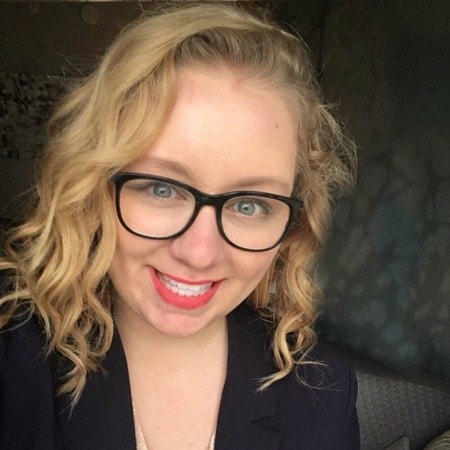 By Tara Watkins, LICSW Grief is a complex personal journey. We may think, or be told, that we need to "get over it” or "move on.” At times we may struggle with ways to find closure or say goodbye. We may feel a range of emotions from deep sadness and loss to relief, remorse, or even betrayal. All are normal grief reactions. Giving ourselves space to feel the emotions without judgment is important. Most of us are familiar with the five stages of grief by David Kessler and Elisabeth Kubler-Ross. According to Kessler, “these stages (denial, anger, bargaining, depression, and acceptance) were never meant to help tuck messy emotions into neat packages.” He explains, “They (the five stages) are responses to loss that many people have, but there is not a typical response to loss as there is no typical loss. Most of us do not experience all of them or in a prescribed order. At times, people in grief will often report more stages. Just remember your grief is as unique as you are.” Some of us may feel a strong sense that part of ourselves is now missing or died with our loved one. As a result, it may be hard, if not impossible, to remain the same person we were before the death. We might find ourselves asking, “who am I now that this person is no longer physically in my life?” As we walk our grief paths we may discover a new personal identity slowly emerging. Sometimes it might take time, even years, to really know and identify with this new sense of self. At times, we may feel “set back” in our journey, perhaps after experiencing a trigger such as a special anniversary, familiar scent, or finding a treasured memento. It is during times like these that leaning on personal supports such as members of our own social networks, a trusted rabbi, religious leader, professional therapist or grief counselor may be restorative. Joining a community of peers who are also on grief journeys is another way to help strength and sustain ourselves during the difficult moments. It helps us remember that although our personal loss is individual, grief itself is a universal human experience. We are not alone in experiencing grief. Above all else, please remember to be gentle with yourself, give yourself time to grieve- take one step at a time, and just keep on stepping. Would you like help with navigating a grief journey challenge? Temple Sinai’s Kesher social worker, Shana Prohofsky, is available should you like help with finding grief resources, an ear to listen, or guidance and direction around another personal situation. Shana is available to speak by phone, in person, or by email. Please reach out to her at 401-428-4084 or [email protected]. Referenced material: Website: https://whatsyourgrief.com/ What's Your Grief: Grieving Someone You Didn’t Like (because it happens) - 2017-02-02 09:34:13-05 Therese A. Rando, “How To Go On Living When Someone You Love Dies.” New York: Bantam Books, 1991. David Kessler and Elisabeth Kubler-Ross, “On Grief and Grieving” New York: Scribner, 2014. Tara Watkins, LICSW, is the Kesher social worker at Temple Emanu-El. Kesher is the congregational outreach program of Jewish Collaborative Services, funded by the Jewish Alliance of Greater Rhode Island, and private donors. Currently, Kesher is active at Congregation Beth Sholom, Temple Torat Yisrael, Temple Emanu-El and Temple Sinai. |
Samantha ClarkSamantha Clark is part of the Kesher Worker team at Temple Sinai. Kesher is the congregational outreach program of Jewish Collaborative Services of Rhode Island, funded by the Jewish Alliance of Greater Rhode Island and private donors. Katie can be reached at 401.415.8213 or by emailing Archives
April 2021
Categories |

Affiliated with the Union for Reform Judaism
30 Hagen Avenue • Cranston, RI 02920 • 401-942-8350 Office: dottie@templesinairi.org Rabbi Jeffrey Goldwasser: [email protected] |
Want to sign up for the weekly Sinai Scroll email?
Click here to receive weekly updates on Temple services, events and a message from the Rabbi. |


 RSS Feed
RSS Feed

